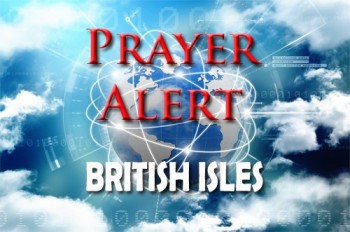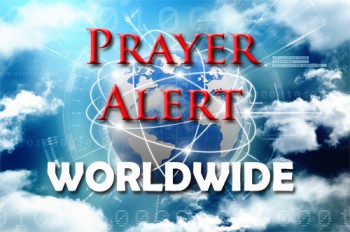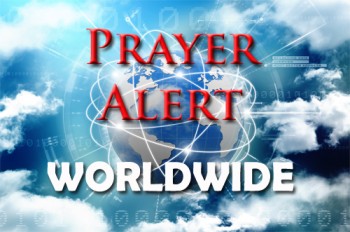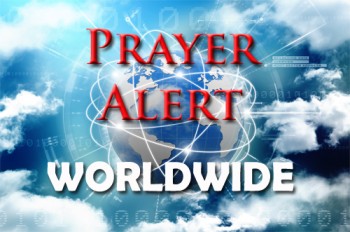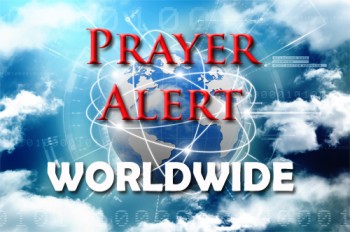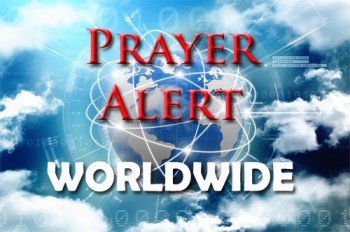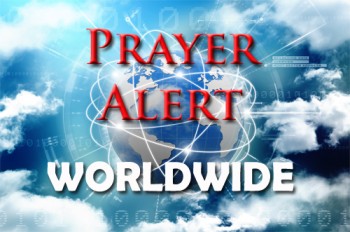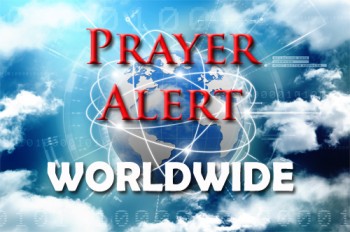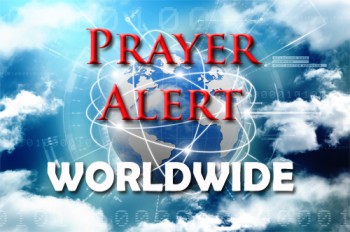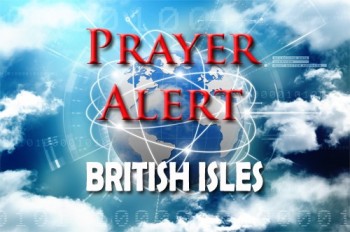Displaying items by tag: israel
Britain’s divine call to support Israel
On 31 October 1917 Britain answered God’s call to facilitate Israel’s restoration to her ancient homeland, as Cyrus did in the 6th century BC. Britain was then considered a Christian nation, where the idea of restoring the Jewish people to their ancient homeland had been alive for 200 years. The Church understood that God had covenanted the land of Israel to the descendants of Abraham, Isaac, and Jacob as an everlasting possession. In 1917 the Balfour Declaration was agreed, and Britain liberated Beersheba from Ottoman Turkish control - the first stage in ensuring that the exiles could freely return. However, in February 2019 the EU and the League of Arab States identified Israel’s settlements as ‘illegal’. Britain agreed with this stance, even though the Geneva Convention states that ‘there is no binding agreement in international law that designates the disputed territories as belonging to the Palestinians’.
Israel: political deadlock
After the election last month, prime minister Benjamin Netanyahu had 28 days to secure the 61 seats necessary to achieve a functioning majority government by building support from smaller parties in the Knesset. After nearly a month of fraught negotiations he acknowledged his failure to cobble together a coalition, and returned the mandate to President Reuven Rivlin. Rivlin has turned to Netanyahu’s principal rival, Benny Gantz, of the centrist Blue and White party, who tweeted, ‘It is time for blue and white.’ Pray for the new government to bring God glory, and may the fear of God fall on all those who are in the political arena.
Israel: Judaism’s place in politics
Religious Jewish parties won nearly 20% of the vote in the national election on 17 September. Previously, those parties have united with the conservative Likud party to form a governing coalition. But now the religious-nationalist bloc fell short of a majority in the Knesset, winning only 56 of the 120 seats. Seven decades after Israel’s founding, the debate over Judaism’s place in public life rages on. Israeli political battle lines often fracture along balancing Jewish religion and liberal democracy. These tensions were a central issue in the election, and will influence the composition of Israel’s next government.
Israel: pray for snap elections
Following April’s elections Benjamin Netanyahu failed to form a governing coalition, the first such failure in Israeli history. Snap elections will now be held on 17 September. The polls predict another election result that would make it impossible to form a government. Pray for a breakthrough, asking God to bring about His government for Israel. Claim the words of Isaiah 1:26 for these elections. Let the voters have Your mind, particularly as they weigh up Netanyahu’s plan to annexe 600 square miles of Palestinian territory. May the results bring a government through which You can be glorified, and may every stumbling stone to prevent a godly government be removed. The autumn feasts of Rosh Hashanah, Yom Kippur and Succoth begin soon. Pray for Jews to be reconnected to their biblical roots and see the King of Israel, their Messiah and Lord.
Israel / Lebanon: ‘30 minutes from war’
On 1 September Hezbollah fired several precision-guided missiles from Lebanon towards an army base on Israel’s northern border, destroying an IDF armoured vehicle in the attack. Thankfully, there were no soldiers inside it at the time, but there had been just 30 minutes before the attack, leading Israel’s Army Radio to broadcast that Israel and Hezbollah were ‘30 minutes away from war’. Israel led Hezbollah to believe that there were casualties by staging a well-planned medical evacuation, prompting the terror group to hold fire and giving Israel tactical advantage to strike back with artillery and helicopter fire, sending over 100 shells into Hezbollah positions in Lebanon. Many lives are at risk due to escalating tensions between Israel and Iran’s proxy, Hezbollah.
Iraq: who is behind attacks?
Recently there have been four attacks on weapons storage facilities belonging to Iraq’s Popular Mobilization Units (PMU) militia. Some factions of the PMU are believed to be Iran proxies, which might explain why there have been accusations of possible US and Israeli involvement. The latest attack took place even though prime minister Mahdi had closed Iraqi airspace to all unauthorised flights of drones, spy planes, jets and helicopters; including the US-led coalition. With Israel being suspected of organising these attacks, some claim that the United States and Russia have allowed them to do so. Iraq’s president said his country does not want to become a battleground for other countries at the expense of its people. ‘Iraq's interest comes first, and the nation will not allow others to turn it into a land for competition.’
Lebanon: escalation of tensions
Lebanon opened fire on Israeli surveillance drones on 28 August, heightening the conflict between the warring neighbours. Lebanon does not usually attempt to down Israel’s unmanned surveillance planes, but its Hizbollah military wing said it was preparing a ‘calculated strike’ against Israel, in retaliation for an Israeli raid on its position near Damascus and a drone attack in Beirut on its Iranian missile-making equipment. Sources believe Lebanon will target Israeli soldiers on patrol near the border. Israeli media reported that Israel had targeted and destroyed machinery used for the production of precision-guided missiles. It is trying to disrupt the flow of weapons and technology from Iran to its proxies in Syria and Lebanon. In response to constant rocket attacks, Israel has carried out hundreds of strikes against Hizbollah and Iranian positions in Syria, so far with little response. Lebanon’s president is increasingly influenced by Hizbollah, which is also represented in the country’s parliament.
Israel: project unites settlers and Druze
Emil Masud is an Arab Druze farmer who identifies as ‘for ever Syrian’, and Ofer Megged is a physics professor settler in the contested Golan Heights. The unlikely partners are working together to save the environment against Enrgix, an energy company which wants to erect dozens of turbines, some 64 storeys high, on cherry and apple orchards owned by the Druze. They promised jobs and financial incentives and about 40 Druze landowners agreed. Then news emerged of infrasound waves from the turbines that cause headaches, nausea and dizzy spells. The fertility of farmers’ bountiful agricultural lands was also at risk. ‘Our lands will be destroyed,’ Masud said. ‘We cannot allow this disaster to happen. Druze, Jews, there is no difference. We have joined hands against a common enemy to stop it.’ Many farmers who signed contracts with Enrgix have reneged, so Enrgix is preparing to file lawsuits.
Israel: Iran recruiting spies via social media
Sajid Javid’s visit to Israel
When Sajid Javid visited the Western Wall on 1 July, it was the first time a senior British government official had visited the holy site in 19 years. He grew up in a Muslim home, and said his father taught him the deep connection that both Jews and Muslims have to Jerusalem. The director of the Western Wall Foundation explained the wall's spiritual and historic significance to the Jewish people. Javid said he was very excited to be there, and could feel the spiritual power of the holy site. He recited Psalm 121 with a leading rabbi, and took time to place a note between the wall's stones. The rabbi said, ‘Your visit is evidence that it’s possible for Jews and Muslims to live together in this small place without harming one another.’ Javid agreed: ‘We love Jewish heritage very much and appreciate it.’ His wife, Laura, is a church-going Christian. See
